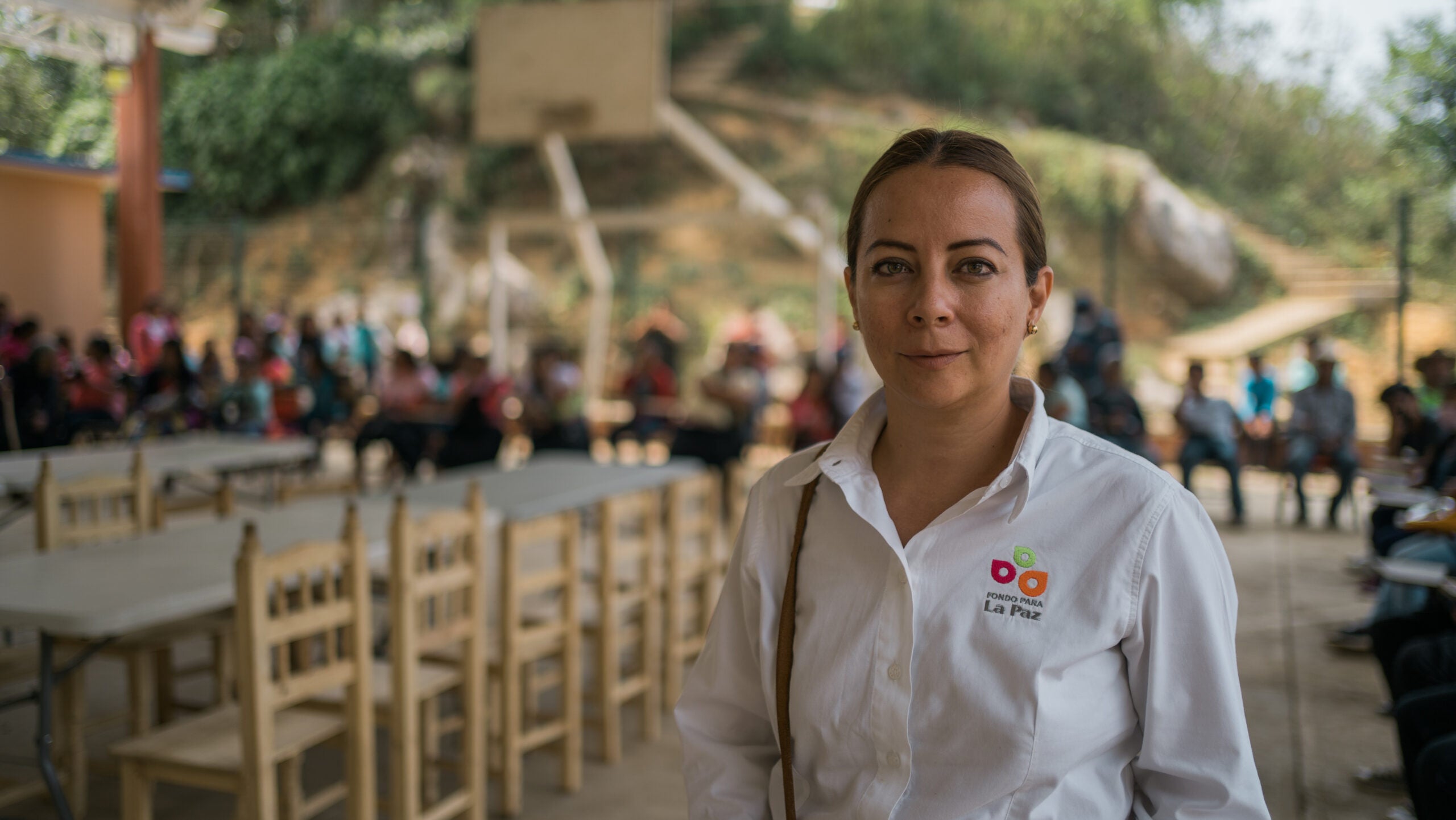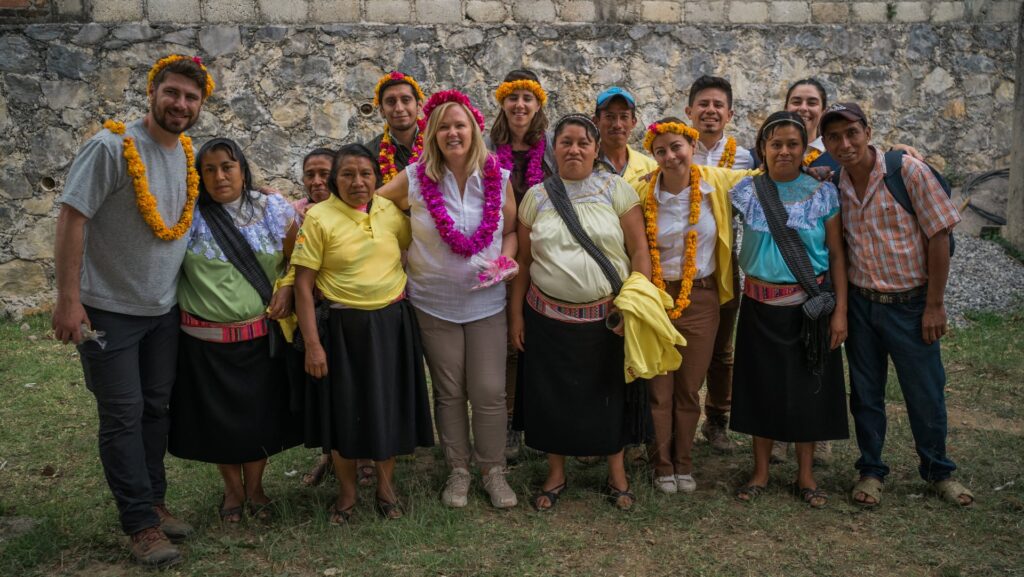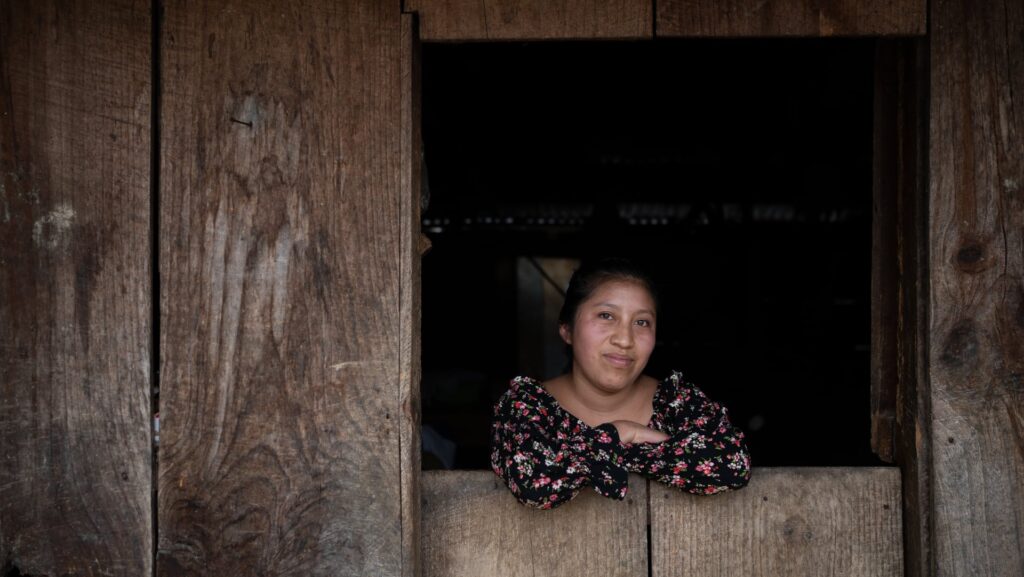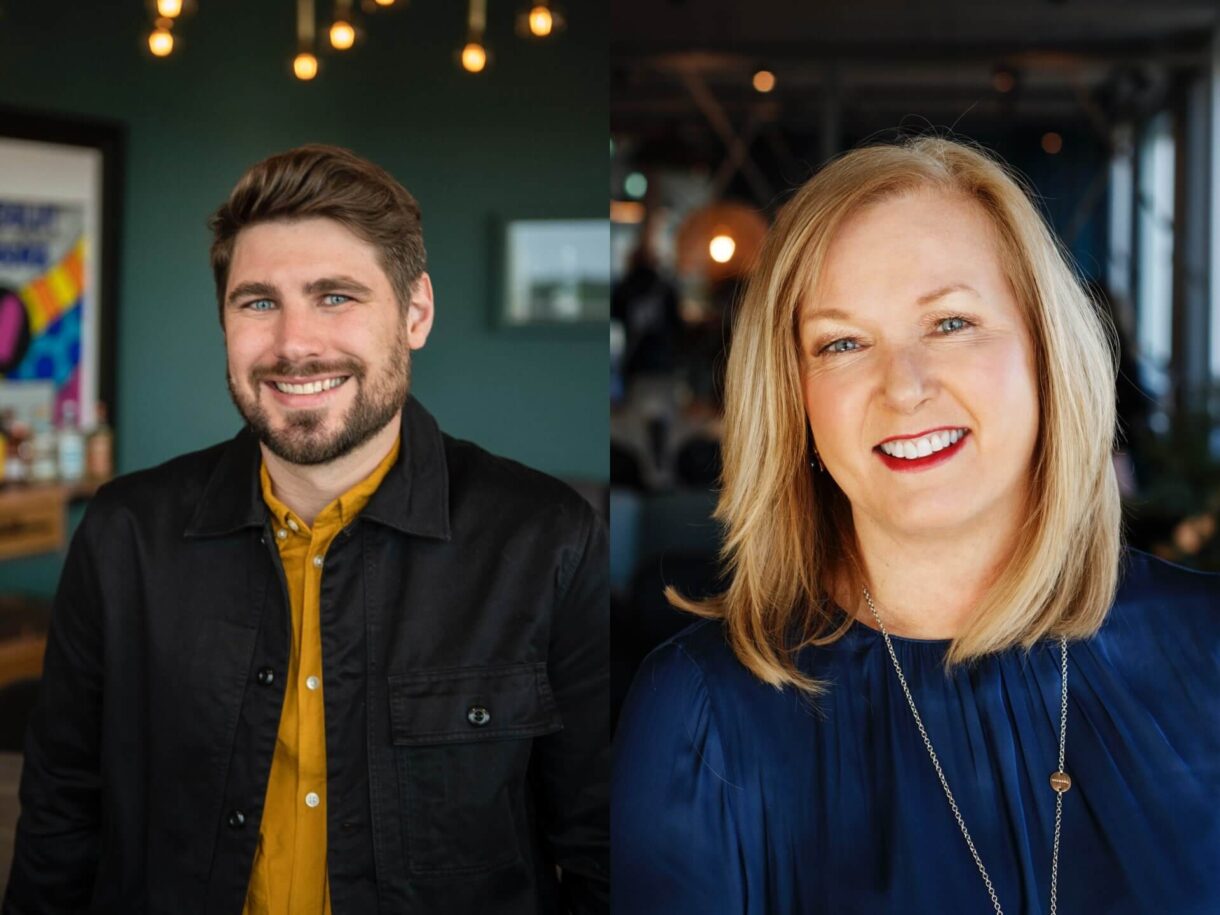
Preparing coffee farmers for new life-changing opportunities
In 2016, we set a goal that the communities with which we work on the project would be able to sustainably farm enough coffee to provide 100 per cent of the coffee used in Kahlúa by 2022. Today, 100% of Kahlúa’s key ingredient, Arabica coffee, is solely sourced from indigenous rural Mexican communities in the Veracruz mountains participating in our ‘Coffee for Good’ project in partnership with local NGO, Fondo Para La Paz. It’s a significant milestone, but the project runs deeper than ticking a box on targets met, as Magali Jauregui, General Manager of Fondo Para La Paz, explains.
Today, 100% of Kahlúa’s key ingredient, Arabica coffee, is solely sourced from indigenous rural Mexican communities in the Veracruz mountains participating in our ‘Coffee for Good’ project in partnership with local NGO, Fondo Para La Paz. It’s a significant milestone, but the project runs deeper than ticking a box on targets met, as Magali Jauregui, General Manager of Fondo Para La Paz, explains.
Fondo Para La Paz has been working with rural communities in Mexico for more than 28 years. It first started to support coffee farmers in Veracruz around 12 years ago by creating nurseries to replenish the old trees and training farmers. Financial education was also key as many farmers didn’t have a bank account, while health and safety had been largely ignored.
Veracruz is primed for quality coffee production but for years its farming methods and outdated business models had left its farmers at the bottom of the production chain. Many trees were decades old, leading to low production levels and poor-quality coffee. Subsequently, the price farmers were being paid was not covering all production and labour costs.
“The actual price a consumer pays is divided up through the supply chain – and the least important price, and the lowest share, is the one paid to the farmer,” says Magali. “For many years, income was a really big problem. Many of these communities were living with less than $1 per day.”

Fondo Para La Paz recognised the potential for Veracruz’s coffee farms but understood that its farming methods had to change. There are typically two main ways of growing coffee – either with shade or without shade. The cheaper and less environmentally-friendly practice involves growing coffee directly under the sun while yields tend to be higher.
Coffee grown under the shade of trees is more sustainable for several reasons. The tree shade offers some protection from harsh weather conditions, while beans (cherries as they are called) grow more slowly, which produces better quality and a ‘sweeter’ taste. Meanwhile, the tree foliage provides additional nutrients to the soil and natural compost, reducing the need for additional fertilisers and helping to protect the overall biodiversity.
“The higher costs of shade-grown coffee production have been prohibitive to many farmers”
However, the costs of shade-grown coffee production are higher and are prohibitive to many farmers, who due to the structural conditions in which they reside, live in the day. They strive to generate as much income as they could from their crop regardless of the environmental impact. And this is where collaborations with brands such as Kahlúa have made an impact.
Magali says: “We had been preparing farmers for new opportunities. We also started to look around for opportunities to have relationships with like-minded companies to support our work – and this led to the project with Kahlúa. The partnership means that all costs for sustainable farming are covered.”
“Changing the mindset and a culturally learned practice farmers takes time”
The project has faced challenges and changing the mindset of farmers takes time. Transforming environmentally unfriendly agricultural practices is a long process – a culturally learned practice, which is part of community identity is not always easy to change in the short term. Many producers feel safer using chemical products as it is the method that most people are familiar with.
“It hasn’t always been easy, some of the farmers have been open to change but others said, “No, no, if I do that I’m not going to have the production and income”,” says Magali.
“Younger generations need to see real change, not some romantic notions”
Another challenge has been encouraging younger generations to take up the coffee production baton when the time comes. Magali says that while older farmers understand the relationship and the importance of taking care of the environment, she worries about the mindset of younger generations. The key, she believes, to the future of coffee production in the region is raising living standards, which are a “basic human right”.
“Younger generations don’t see they have many options by staying in their communities, so they think about moving away to the cities,” says Magali. “They need to see real change, not some romantic notions of simply doing the right things to preserve the environment. They need better living conditions, which is a key part of the project.”Indeed, much has been done to improve water and sanitation, which has in turn helped women and children get more involved in the day-to-day running of the farm. “The progress we have made building water tanks and installing dry toilets means that women and children no longer have to walk for an hour or more to collect just 20 litres of water from the river,” adds Magali.

There are obstacles that will always be beyond the project’s control. Several years ago a plague of coffee rust destroyed much of the harvest, for instance, while the vagaries of the coffee market, with fluctuating supply and demand, will always dictate the price. But progress is being made and it is making a difference to the farmers on the ground in Veracruz. Many believe they have something to leave to their children that has a future.
“Farmers are creating opportunities with local partners and doing the maths”
“Generating an acceptable level of income is an important part of the project but the biggest achievement for me, has been how the farmers now feel about themselves and the opportunities they now have to secure a better life for themselves and their families,” says Magali. “They are creating opportunities with local partners; they are not damaging the environment with unsustainable methods; and they have started to do the maths about production – realising how their farms can generate the income to provide a better life.”
Six years on from the project’s starting point, Magali can see a time when Fondo Para La Paz takes a step back to let farmers make their own way. “We want the communities to be a safe professional supplier on their own and to get to a stage where farmers can see opportunities and negotiate their own agreements without our facilitation.”
And the focus on younger generations will continue. Magali says: “We want sons and daughters to be more involved in the project and take part in the decisions, to build the necessary strength to maintain farms in the long term. We are not there yet but we are not too far away.”


